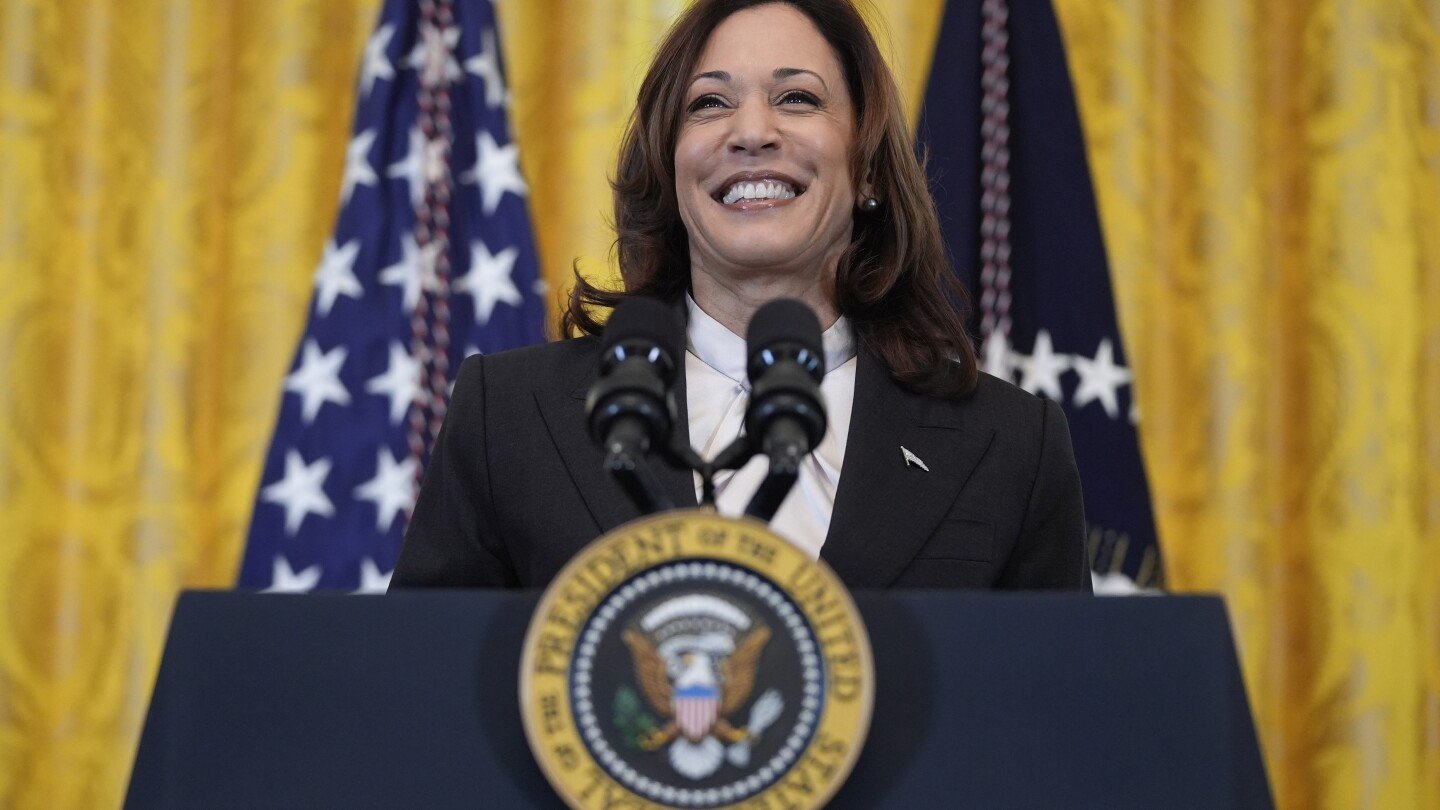She’s already broken barriers, and now Kamala Harris could shatter several more after President Joe Biden abruptly ended his reelection bid and endorsed her.
Biden announced Sunday that he was stepping aside after a disastrous debate performance catalyzed fears that the 81-year-old was too frail for a second term.
Harris is the first woman, Black person or person of South Asian descent to serve as vice president. If she becomes the Democratic nominee and defeats Republican candidate Donald Trump in November, she would be the first woman to serve as president.
Biden said Sunday that choosing Harris as his running mate was “the best decision I’ve made” and endorsed her as his successor.



So it looks like you’re talking about this
While it does make that claim, you might also note phrases like:
Note also they define “people of color” as “black, Asian, Hispanic, or other”
So the article that makes that claim basically says non-whites had been laid off and were re-hired. Pre-dominantly white people were able to retire early, and people of color are still way underrepresented in positions of authority
Are you claiming that this data does not show preferential hiring of POC over white people?
I am just reading beyond the headline.
I see that they describe this as a one time reaction to the recovery after Covid and is hiring back the mainly non-whites who had been laid off. Most importantly they included lots of data about how non-whites are still way underrepresented relative to the actual population after this one time event.
So, no it does not. It appears to be showing a preference for employees who had been previously laid off
This is just silly, the hiring represents 1/10 or so of the white to their representation there is no way slightly higher rates of non-whites being laid off would account for this unless they laid off exclusively non white people or specifically chose white people to hire back. To believe this you would have to show some crazy statistics on the front end of who they laid off.
Why isnt the much more logical thing that happened that they have DEI programs that puts a higher demand on hiring non-white applicants?
There are lots of possible things that happened and they did not have data for any of them.
These inconsistencies also make clear this data was cherry-picked to provoke a reaction. Try again.
So long story short, do you believe that there was no preferential higher of non-white applicants over black applicants? This is a simple yes or no answer.
Long story short, do you believe there are fewer non-white employees than would be expected given the population of candidates? This is a simple yes or no answer?
Critical thinking bonus round:
No.
Colluded implies wrong doing, but giving preferential treatment to minorities due to their race has been a semi-legal thing since I was a kid (and maybe longer), so no not colluded, did out in the open.
Yes
I dont know, but not radically or it would have been reported over and over and over and over and over.
Now you answer my question.
I certainly hope there was preferential hiring for under-represented demographics. That’s the whole point. However it’s naive to jump right into the deep end where you’re going.
DEI efforts can make some differences in set of employees to hire and which are chosen, but they’ve never had the overwhelming power you’re ascribing. That’s not realistic, given the size of the hiring
The data was similar across almost all of the Fortune 100 in the same period. The odds of that are extremely remote, unless there is collusion or some other factor.
Why is it easier to believe DEI efforts have such overwhelming power to control virtually all hires and collude across all the biggest companies than to believe the explanation given in the article? Prior layoffs of low level employees were predominantly non-white, so hiring them back was too
If there is such an issue, you’d see it in more time periods. Do you?